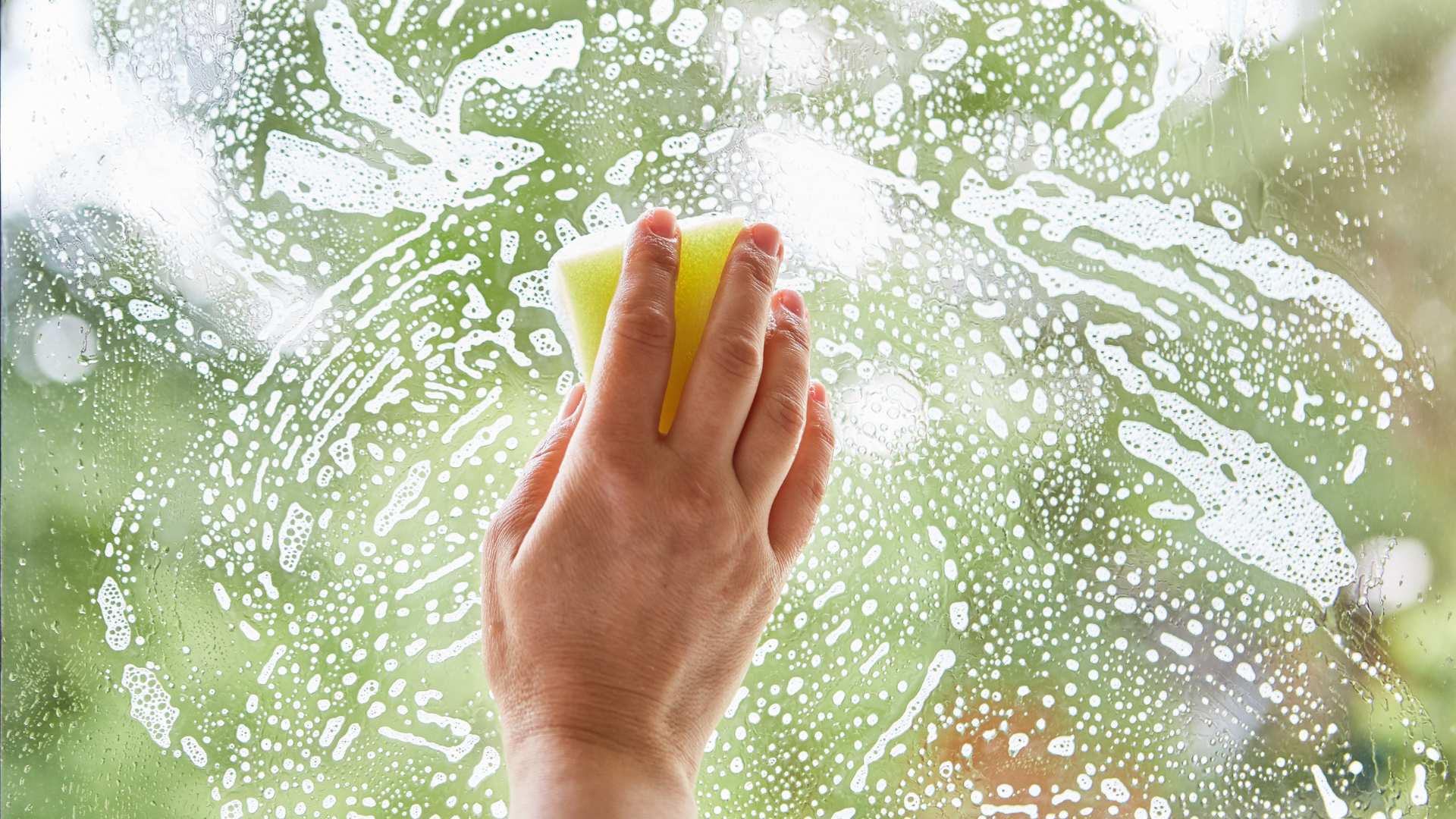Integrating Self-Love, Self-Care, Self-Compassion, and Self-Respect For Enduring Self-Esteem

By Thrive Waco Therapist Sarah Neelley, MA, LPC-Associate, 200 RYT
WHAT IS SELF-ESTEEM?
Self-esteem is your general opinion of yourself, including how you feel about your abilities and limitations. When you have a healthy sense of self-esteem, you believe that you’re worthy of respect, your opinions matter, and you’re capable of achieving whatever you set your mind to. Alternatively, an unhealthy sense of self-esteem can lead to feelings of worthlessness, comparing yourself to others, and difficulty maintaining boundaries .
THE MULTIFACETED NATURE OF SELF-ESTEEM
Extending love, care, compassion, and respect to yourself is vital for growing and maintaining a healthy sense of self-esteem. By exploring the meaning of self-love, self-care, self-compassion, and self-respect, you can begin to foster an honest and deep appreciation of your amazing self!
What is self-love?
Easily confused with narcissism, which is an unhealthy overemphasis of one’s strengths and ignorance of one’s weaknesses, self-love is something else entirely. Based in self-awareness, self-love means accepting your intrinsic worth as an individual, despite your imperfections.
Some examples of embracing self-love include:
- Prioritizing your well-being
- Recognizing your strengths
- Accepting your imperfections
- Acknowledging your feelings
- Asking for help when you need it
- Letting go of resentments
- Pushing yourself out of your comfort zone
- Forgiving yourself for any mistakes
Without a foundation of self-love, you may find that you neglect your own needs, make self-sabotaging decisions, and allow others to take advantage of you. When you love yourself, you value your well-being and happiness enough to protect it.
What is self-care?
Self-care is putting self-love into action. You practice self-care whenever you intentionally engage in activities or behaviors that promote your physical, mental, emotional, and spiritual well-being. What constitutes self-care for an individual is based on their tastes, interests, and needs.
Self-care may mean:
- Playing an instrument
- Attending a yoga class
- Taking a shower or bath
- Practicing photography
- Spending a day at the beach
- Going on a bike ride
- Catching up with friends
- Visiting places of worship
- Reading a good book
- Learning something new
- Eating adequately, consistently, and intuitively
- Embracing a wide variety of foods, including those you enjoy most
Self-care should not be perceived as a reward, obligation, or frivolous pursuit. Instead, self-care should be an integral element of your lifestyle that empowers and energizes you.
What is self-compassion?
Self-compassion is the heart of self-love and self-care and invites you to honor your humanness. It means extending to yourself the same understanding and kindness that you offer to others.
You can practice self-compassion by:
- Being patient and kind with yourself
- Affirming your positive attributes
- Acknowledging your successes of any size
- Allowing your progress to be nonlinear
- Accepting what you can control versus what you cannot
- Allowing yourself to make mistakes and viewing them as learning opportunities
- Avoiding unfavorable comparisons of yourself to others
- Refraining from self-criticism and self-judgment
While negative self-talk can foster a sense of self-pity, self-compassion keeps you from holding yourself to impossible expectations, encourages you to mindfully recognize your humanity, and allows you to embrace life with graciousness toward yourself.
What is self-respect?
Another aspect of self-esteem is self-respect or self-regard. Self-respect involves embracing your autonomy while also defining your own values and living in accordance with them.
Self-respecting individuals don’t regard themselves as inferior or superior to others. Instead, self-respect is based on adhering to one’s standards for themselves, which are rooted in an individual’s unique sense of integrity.
Having self-respect means:
- Desiring to be treated in accordance with your inherent dignity
- Protesting degrading treatment of yourself
- Living by a self-defined sense of morality
- Feeling a responsibility to make your life into something you believe to be good
- Seeking to use your talents in pursuit of your goals
Self-respect empowers individuals to have agency over their own lives. With self-respect, you can demand better of and for yourself to create a life you deserve.
GROW WHERE YOU ARE PLANTED
Appreciating your uniqueness and honoring your worth promotes healthier relationships, decision-making that honors your desires, and confidence in pursuing your goals. Attending therapy can help you identify any patterns impacting your self-esteem and learn strategies to hold yourself in healthy high regard. If you’re curious about your relationship with yourself and others, reach out to Thrive for details about how outpatient therapy can serve as an insightful, self-reflective practice for personal growth.
About the Author
Thrive Waco Therapist Sarah Neelley, MA, LPC-Associate, 200 RYT
Sarah is passionate about providing holistic care to survivors of interpersonal trauma, as well as individuals struggling with eating and body image concerns.
A registered yoga instructor, she enjoys integrating her counselor education and yoga training to holistically approach mental health treatment. She is skilled at facilitating trauma-informed yoga therapeutic groups for survivors of interpersonal trauma.
As a counseling intern at Baylor University’s Counseling Center, Sarah has provided mental health support to clients facing crisis situations, trauma, anxiety, depression, OCD, substance use, and anger concerns.
Sarah holds a Master of Arts degree in clinical mental health counseling from the University of Mary Hardin-Baylor. She also holds a Bachelor of Arts degree in psychology from Baylor University.
In her free time, Sarah loves reading, spending time with friends and family, taking long walks outdoors, enjoying a good cup of coffee, and doing puzzles. She recently developed an interest in keeping plants alive. Wish her (and her plants) all the luck!
Supervised by Erin McGinty Fort, LPC-Supervisor (76628) | Texas State Board of Examiners of Professional Counselors
The post Integrating Self-Love, Self-Care, Self-Compassion, and Self-Respect For Enduring Self-Esteem first appeared on Thrive Wellness.

Start your healing journey today
NEXT STEPS
Are you ready to find hope? We can't wait to connect you with the care you need. To get started with us, please reach out using the link below.

Obsessive Compulsive Disorder

Perinatal
Mental Health
Obsessive Compulsive Disorder
Perinatal
Mental Health
SITE MENU
THRIVE LOCATIONS
Reno, NV 89501
OCD & Anxiety Disorders
Luella Garvey House
Perinatal Mental Health
"It Takes A Village"
Virtual Program
All Rights Reserved | Thrive Wellness | PRIVACY POLICY





